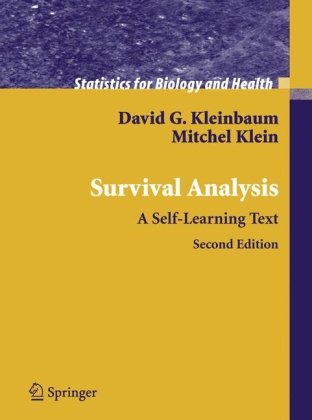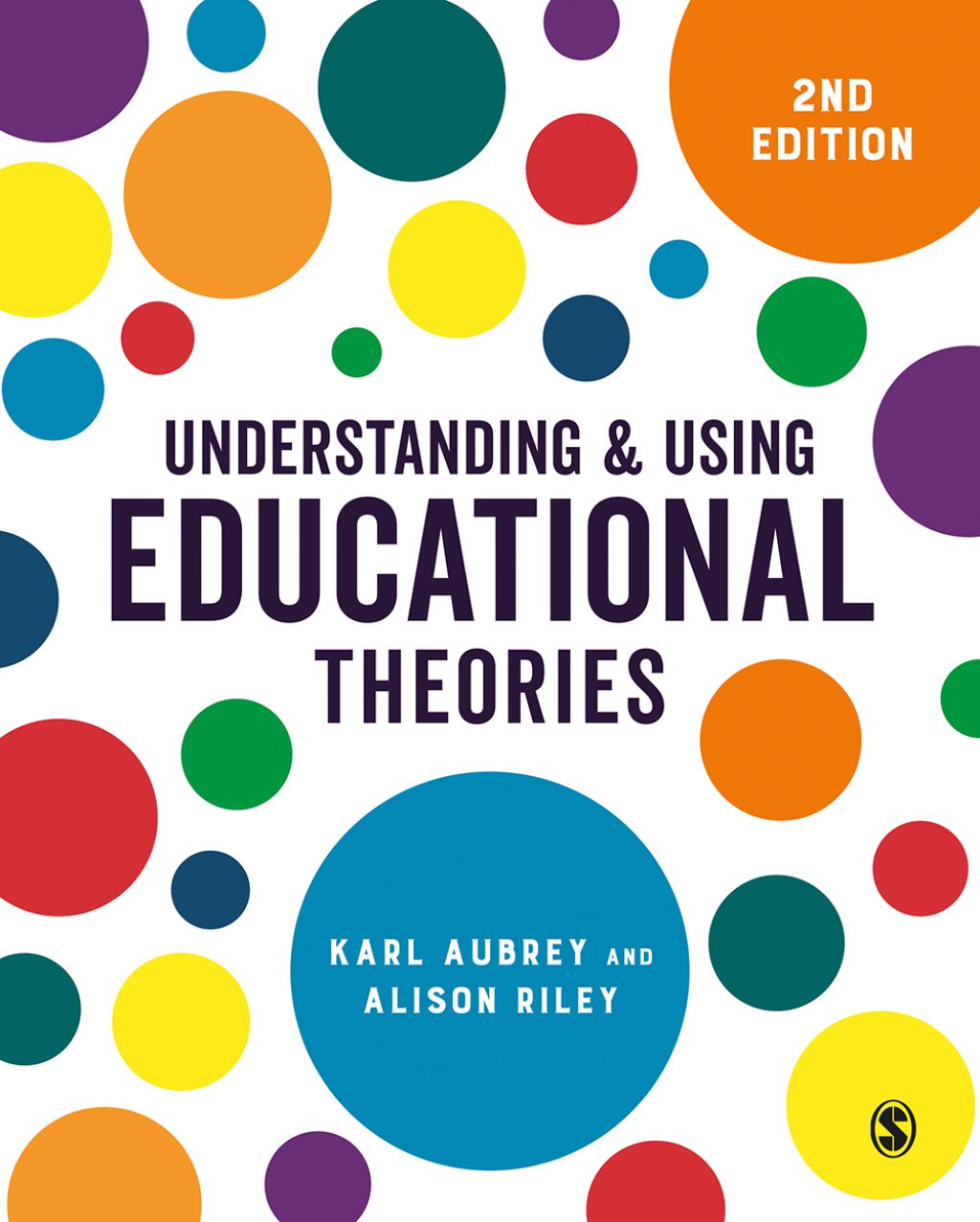David G. Kleinbaum, Mitchel Klein9780387239187, 0387239189
Chapter 7: Parametric Models
Chapter 8: Recurrent events
Chapter 9: Competing Risks.
Also, the Computer Appendix has been revised to provide step-by-step instructions for using the computer packages STATA (Version 7.0), SAS (Version 8.2), and SPSS (version 11.5) to carry out the procedures presented in the main text.
The original six chapters have been modified slightly
to expand and clarify aspects of survival analysis in response to suggestions by students, colleagues and reviewers, and
to add theoretical background, particularly regarding the formulation of the (partial) likelihood functions for proportional hazards, stratified, and extended Cox regression models
David Kleinbaum is Professor of Epidemiology at the Rollins School of Public Health at Emory University, Atlanta, Georgia. Dr. Kleinbaum is internationally known for innovative textbooks and teaching on epidemiological methods, multiple linear regression, logistic regression, and survival analysis. He has provided extensive worldwide short-course training in over 150 short courses on statistical and epidemiological methods. He is also the author of ActivEpi (2002), an interactive computer-based instructional text on fundamentals of epidemiology, which has been used in a variety of educational environments including distance learning.
Mitchel Klein is Research Assistant Professor with a joint appointment in the Department of Environmental and Occupational Health (EOH) and the Department of Epidemiology, also at the Rollins School of Public Health at Emory University. Dr. Klein is also co-author with Dr. Kleinbaum of the second edition of Logistic Regression- A Self-Learning Text (2002). He has regularly taught epidemiologic methods courses at Emory to graduate students in public health and in clinical medicine. He is responsible for the epidemiologic methods training of physicians enrolled in Emory’s Master of Science in Clinical Research Program, and has collaborated with Dr. Kleinbaum both nationally and internationally in teaching several short courses on various topics in epidemiologic methods.







Reviews
There are no reviews yet.